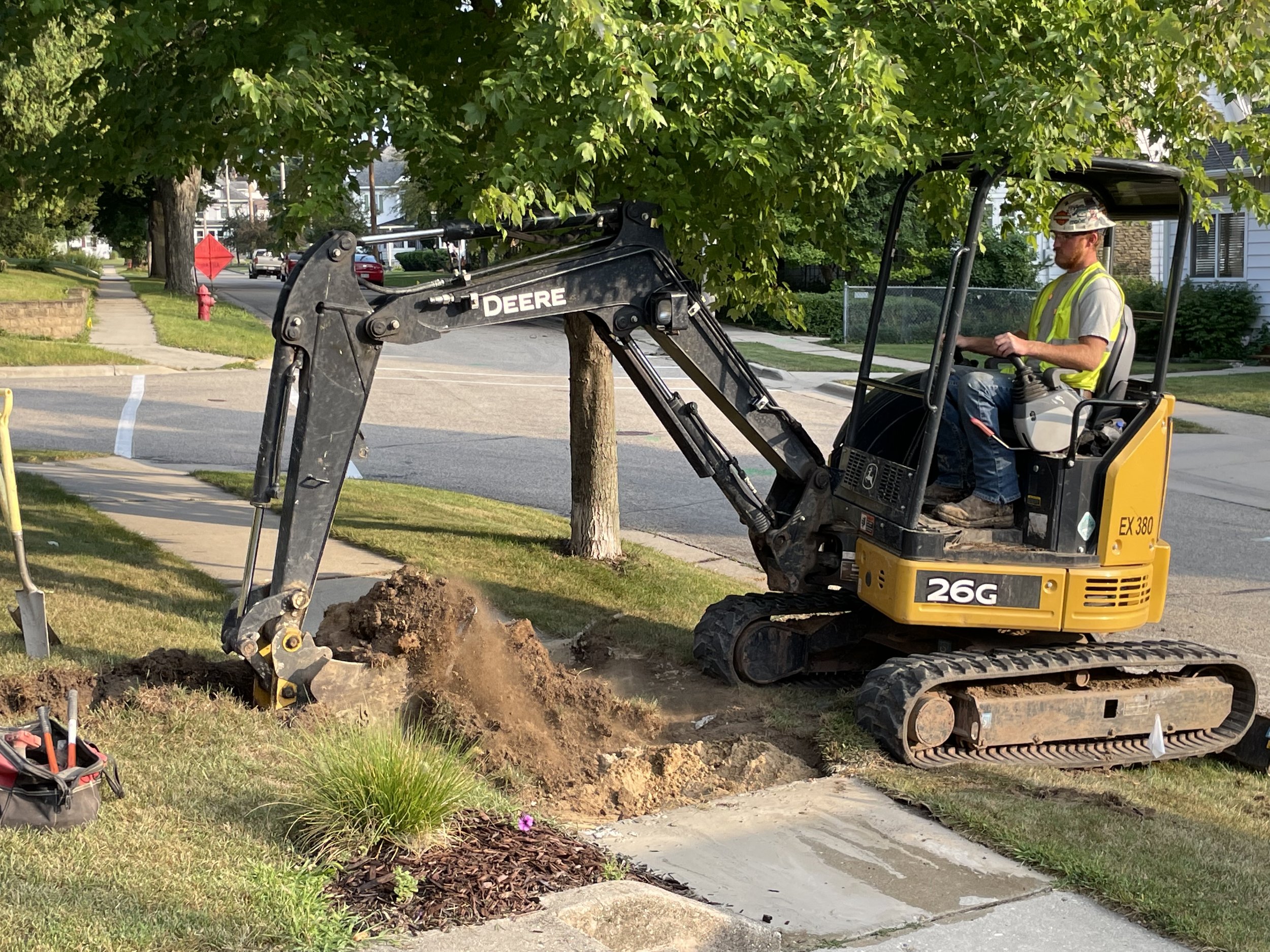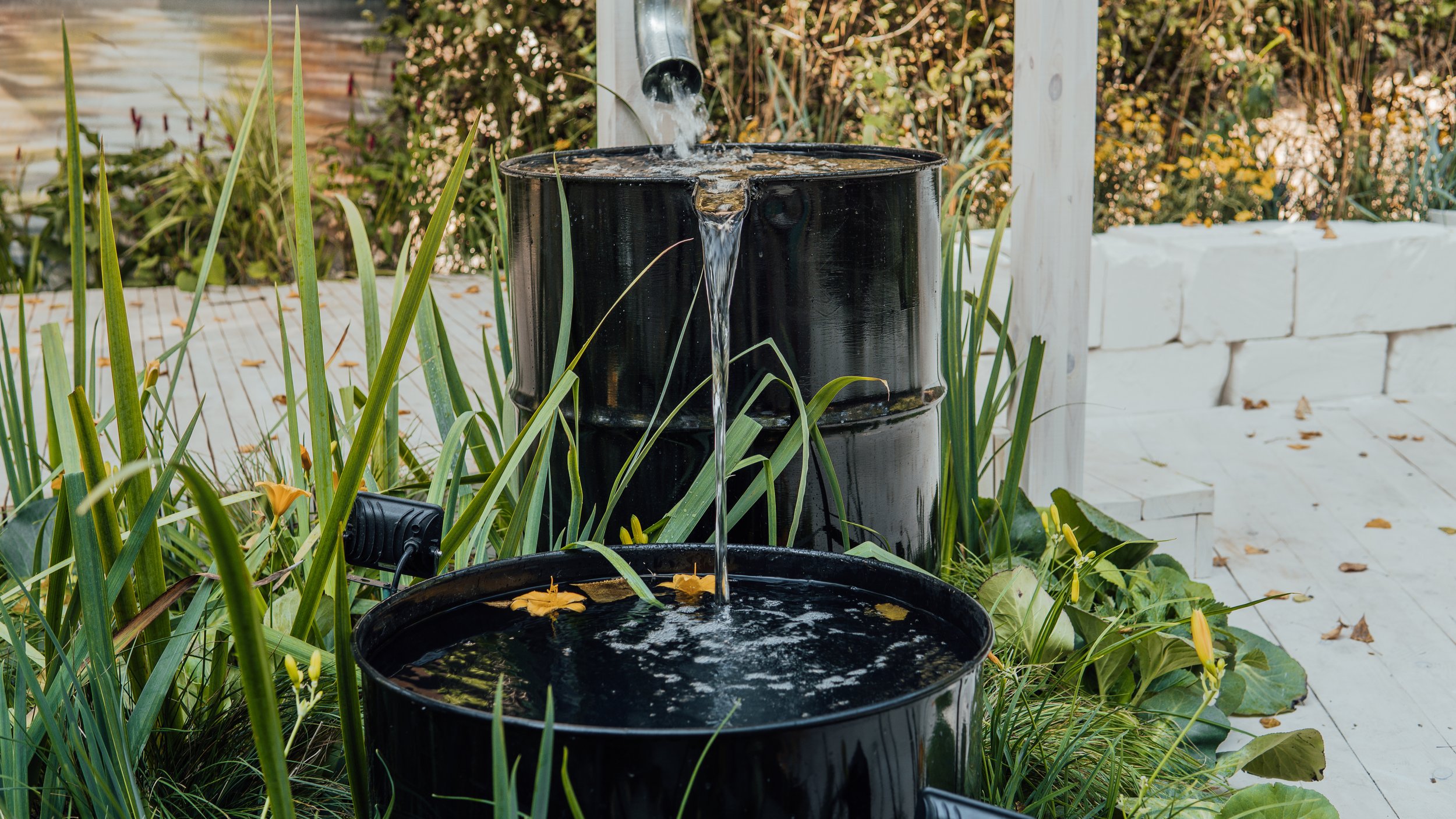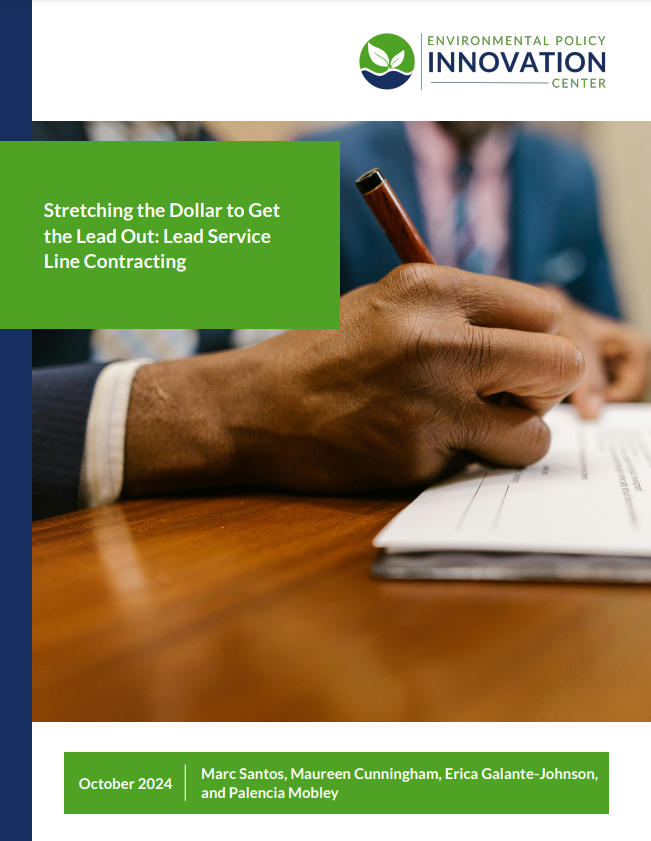Lead-Free Water Municipal Peer Network
EPIC’s coordination of a Lead-Free Water Municipal Peer Network helped ensure that lessons learned and best practices across the country reach the municipalities who need them.
Aside from hosting webinars and municipal roundtables, EPIC has developed numerous resources including resolutions, ordinances, guidance on technology through our Water Data Prize, and others to support cities on ensuring that their drinking water is lead-free.
We are also working to encourage more municipalities to adopt a Lead-Free Water Municipal Resolution because policy statements like this one help inspire policymakers and community organizations to collaborate on a common goal and hold each other accountable. Please visit Lead-Free Cities for more information.
Use the hashtags #LeadFreeWater and #LeadFreeCities to spread the word on this program - and tag EPIC while you’re at it!
Webinars & Municipal Roundtables
-
Tackling Lead Service Line Replacement in Small Municipalities
April 13th, 2021
-
Faster Paths to Replace Toxic Lead Pipes
July 8th, 2021
-
Municipal Roundtable on LSLR Featuring City of Newark
January 27, 2022
-
Let’s Talk Equity and Communications for Lead Pipe Replacement
May 25th, 2022
-
Highlighting Best Practices for Lead Service Line Replacement
October 6th, 2022
Join the Lead-Free Water Movement
The Environmental Policy Innovation Center (EPIC) and the Great Lakes and St. Lawrence Cities Initiative launched the Lead-Free Water Movement to galvanize rapid progress and build momentum on lead service line replacement in municipalities across the United States. Municipalities with any experience - past or present - with lead service line replacement are welcome to join the Lead-Free Water Movement.
Have you already replaced lead pipes in your community? If your city has replaced all lead service lines and you would like to share your lessons learned and success, please fill out this Google Form.
Are you ready to replace lead pipes in your community? If your city has not replaced all lead service lines but would like to move forward, please fill out this Google Form.
Lead service line replacement is a journey. That journey begins with making a commitment to become a Lead-Free Water City and ends when everyone in the community has access to safe drinking water.
Here is a step-by-step guide to becoming a Lead-Free Water City:
Step One: Make a commitment to replace lead pipes over the next decade
As leaders in ensuring safe drinking water, mayors are well-positioned to help their communities on a path to lead-free water - which is why we are asking mayors around the country to join us by making a commitment to replacing lead pipes over the next decade. With the attention on lead service line replacement from the Biden-Harris administration, funding now available to states and municipalities through the Infrastructure Investment and Jobs Act (IIJA), and support from voters, there has never been a better moment for municipalities to address this solvable issue. Join us by making a commitment!
Step Two: Adopt a Lead-Free Water resolution or proclamation with milestones for developing a lead service line inventory, a focus on equity, and a financial plan
EPIC has created both a model resolution and proclamation for municipalities which will affirm a commitment to keeping their community safe from lead-contaminated water and move forward with a clear plan to identify and replace 100 percent of their community’s lead service lines.
We encourage municipal officials and water utilities across the country to make this commitment today - and please let us know if you do. Together, we can all ensure that every person has lead-free drinking water.
Step Four: Get the lead out
Finalizing your inventory, securing funds, development contracting and procurement, creating an equity plan, and replacing pipes are all steps in the right direction. We have developed several resources that may help in this work:
Step Three: Memorialize your Lead-Free Water commitment through local legislation
Passing a municipal ordinance can help pave the way for proactive, faster, and more equitable lead pipe replacement - and ensure enforcement of the policies that are then codified in local law. A few aspects in municipal ordinances are especially important, such as mandating full service line replacement, granting the right of entry to a property even if the owner does not grant it (especially in communities with high numbers of renters), ensuring lead pipe replacement at the time of real estate or tenant transfer, and coupling the ordinance with a program that reimburses homeowners with 100 percent of the replacement costs. A sample ordinance is below, modeled after Newark, New Jersey.
Successful movements must adapt and learn. This requires chronicling what works and what doesn’t and then distributing this knowledge. That is why the Lead-Free Water Movement will provide a forum for cities that have completed lead service line replacement to share lessons learned and best practices with cities that are still in the midst of their lead service line journey.
If your city has completed lead service line replacement, please let us know so we can celebrate and disseminate your success!
Step Five: Share your story































